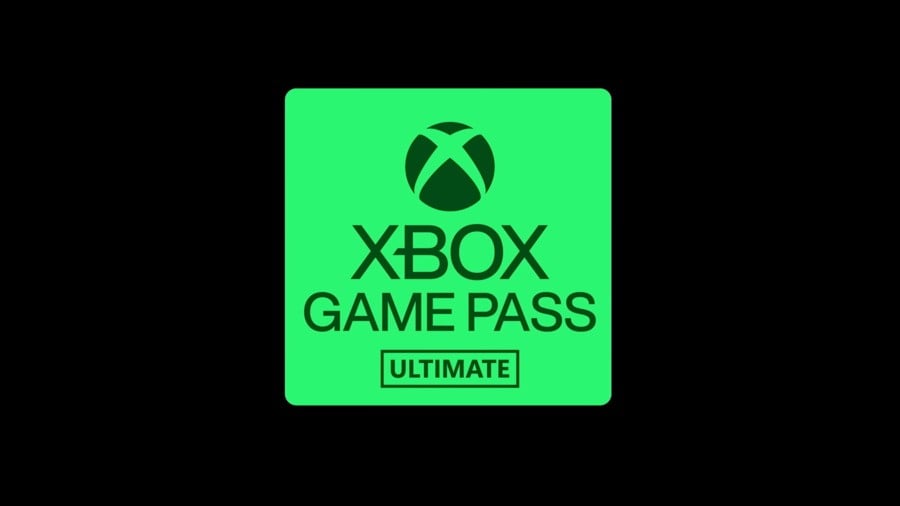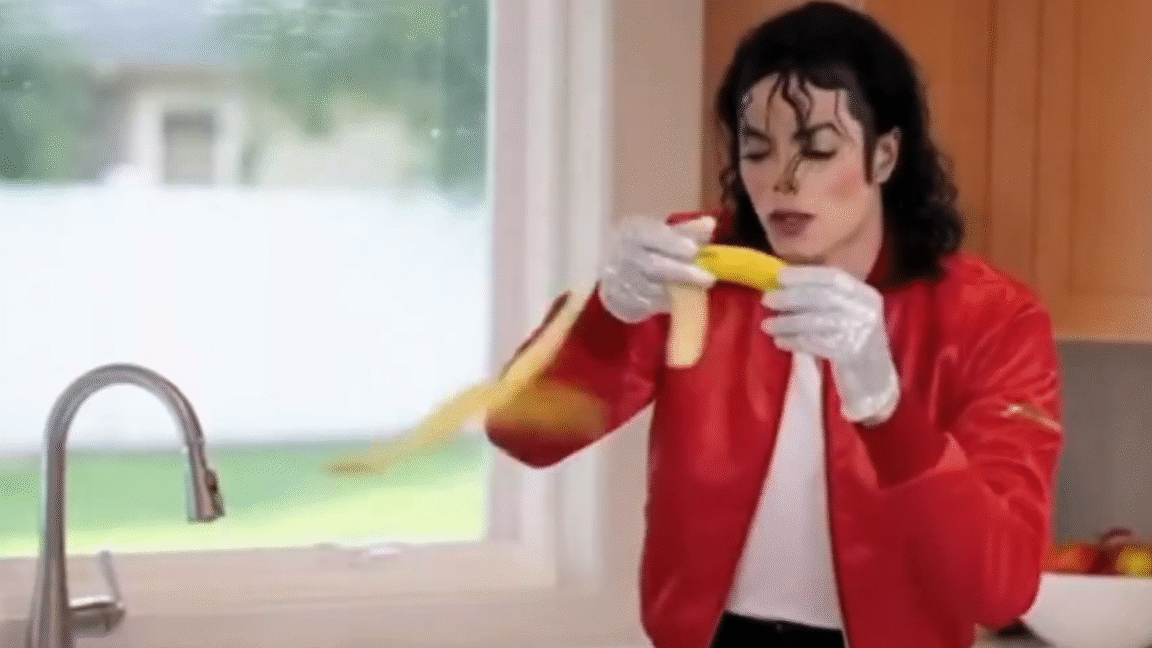
We’ve obviously all well aware of the Xbox Game Pass Ultimate and PC Game Pass price hike that’s rolling out in most regions right now, but certain members are potentially not being affected by it – primarily in Europe, it seems.
Today, lots of people have been sharing an apparent new email from Xbox that claims the increases “will only apply to new purchases and will not affect your current subscription in your region” – and the origin of this email is places like Austria and Germany. Here’s a closer look at it, along with a translation:
“You may have recently heard about changes to Xbox Game Pass subscription prices. At this time, these increases will only apply to new purchases and will not affect your current subscription in your region, provided you are on a recurring plan. If you decide to cancel your current plan and repurchase, you will be charged the new rate. If for any reason there are changes to your account, we will notify you at least 60 days in advance. You will have the option to cancel or change your subscription plan at any time.”
It seems that this might have something to do with EU law, but apparently not everyone across Europe is getting it, and unfortunately Microsoft has yet to provide a full list of countries that won’t be affected by the price increases. For what it’s worth, we’ve seen no evidence that members in the likes of the UK, US, Canada and Australia are getting it.
This could still extend beyond Europe though, so it’s well worth checking to see if you’ve received anything about it in your region. We’ve spotted someone who’s suggested it’s even a thing in India.
Unfortunately, there is still a lot of confusion around this email because of Microsoft’s lack of transparency and multiple renewal prices appearing within different areas of the Xbox ecosystem, so all of this should be taken with a pinch of salt for now. In other words, don’t be surprised if the price hike does take place in November as originally expected.
There’s even been speculation this morning that the email is a scam due to originating from the address “[email protected]“, but this is apparently a legit address that’s used regularly for correspondence. It’s still worth being cautious though – don’t click anything on the email just in case something dodgy is going on here.
If we hear anything further from Microsoft on the situation, we’ll let you know ASAP.
Source link


